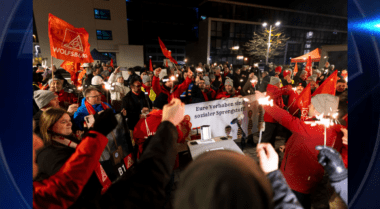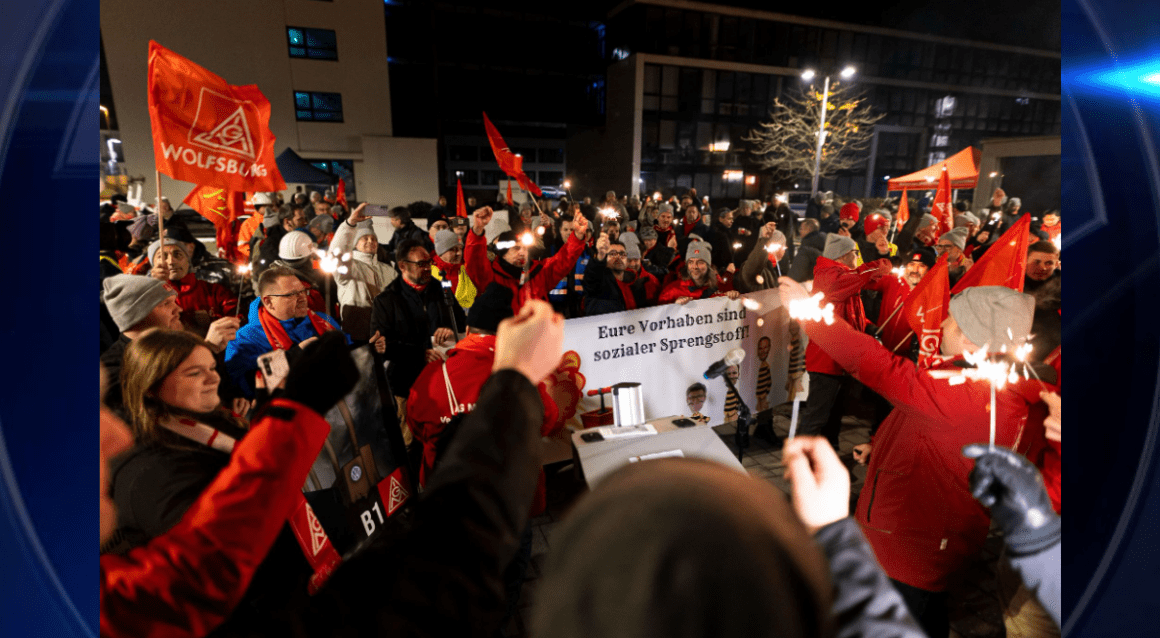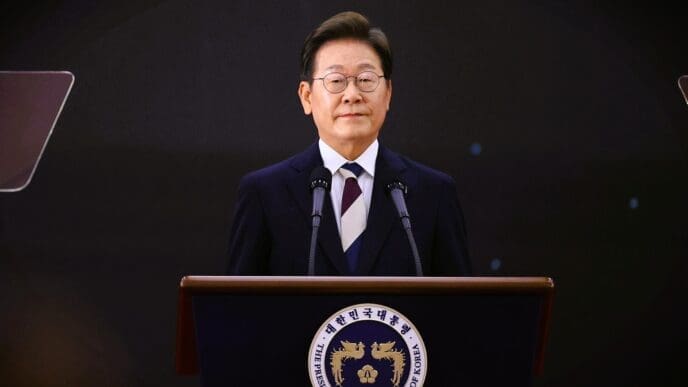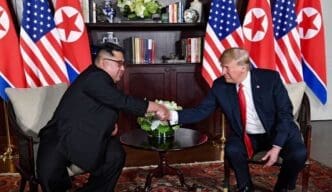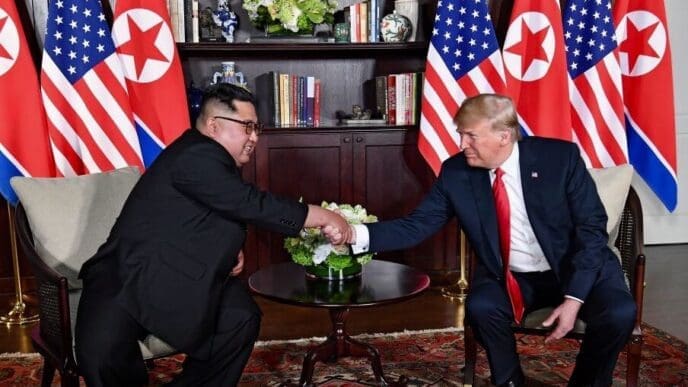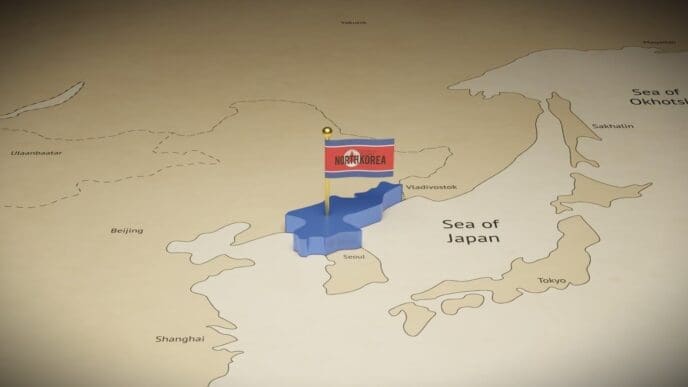Tensions have escalated at Volkswagen as tens of thousands of workers in Germany are set to strike on Monday, marking the largest walkouts in recent years. This action follows unsuccessful rounds of collective bargaining where Volkswagen refused to rule out job cuts and potential plant closures.
Volkswagen’s German operations are witnessing significant unrest as labor union IG Metall has called for strikes across the country. The strikes, planned for several hours, are a response to Volkswagen’s approach during recent negotiations. The company has signaled the possibility of mass layoffs and plant closures as it grapples with increased competition from China and declining demand in Europe.
The expiration of a ‘peace obligation’ between Volkswagen and its workers has paved the way for these strikes, the first of such magnitude since 2018. Back then, about 50,000 workers halted production over pay disputes. IG Metall’s chief negotiator Thorsten Groeger announced that the current situation might turn into Volkswagen’s toughest wage dispute to date, putting the onus on the company to come to a favorable resolution.
Volkswagen’s financial performance has seen a decline, with operating profits falling by 20% in the initial nine months of the year compared to the previous year. The company attributes part of this decline to struggling sales in China, where it is losing ground to local electric vehicle manufacturers. This economic strain has further fueled worker discontent and demand for wage increases.
Volkswagen has stated its commitment to continue a ‘constructive dialogue’ to seek solutions, while also acknowledging the workers’ right to strike. In a move considered by IG Metall, employees expressed willingness to forego €1.5 billion in raises if Volkswagen’s executives commit to maintaining plant operations and agreeing to reduce their bonuses.
In a recent statement, Volkswagen has hinted at the necessity to potentially close German plants for the first time in its history, as part of measures to enhance competitiveness and safeguard its future. The situation underscores the economic challenges faced by one of Europe’s largest automakers amid a shifting global automotive landscape.
The anticipated strikes at Volkswagen represent a critical moment for the company, highlighting pressing labor concerns against a backdrop of financial difficulties. As the negotiations continue, the outcome will shape Volkswagen’s strategy and labor relations in Germany moving forward.
Source: WSVN

